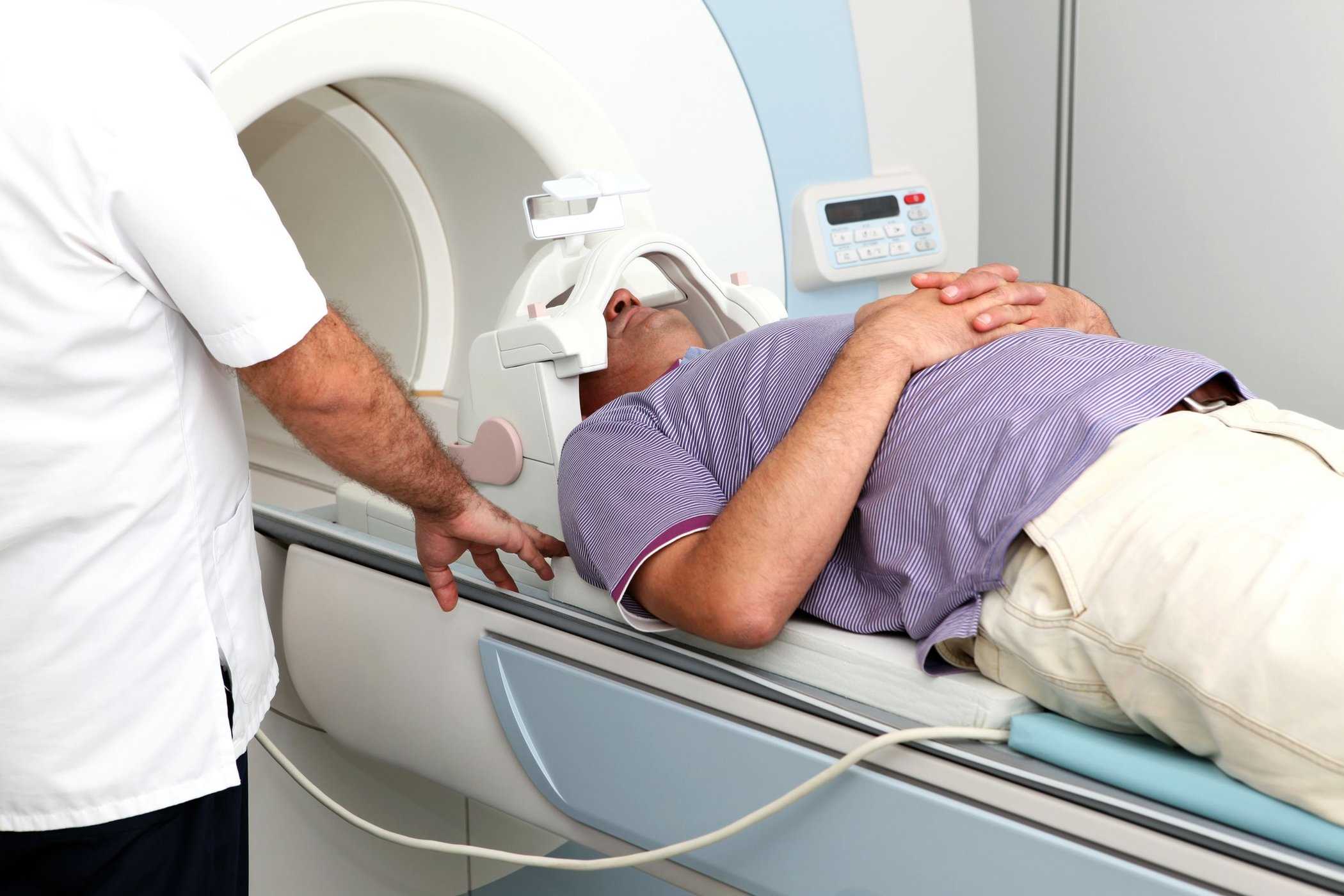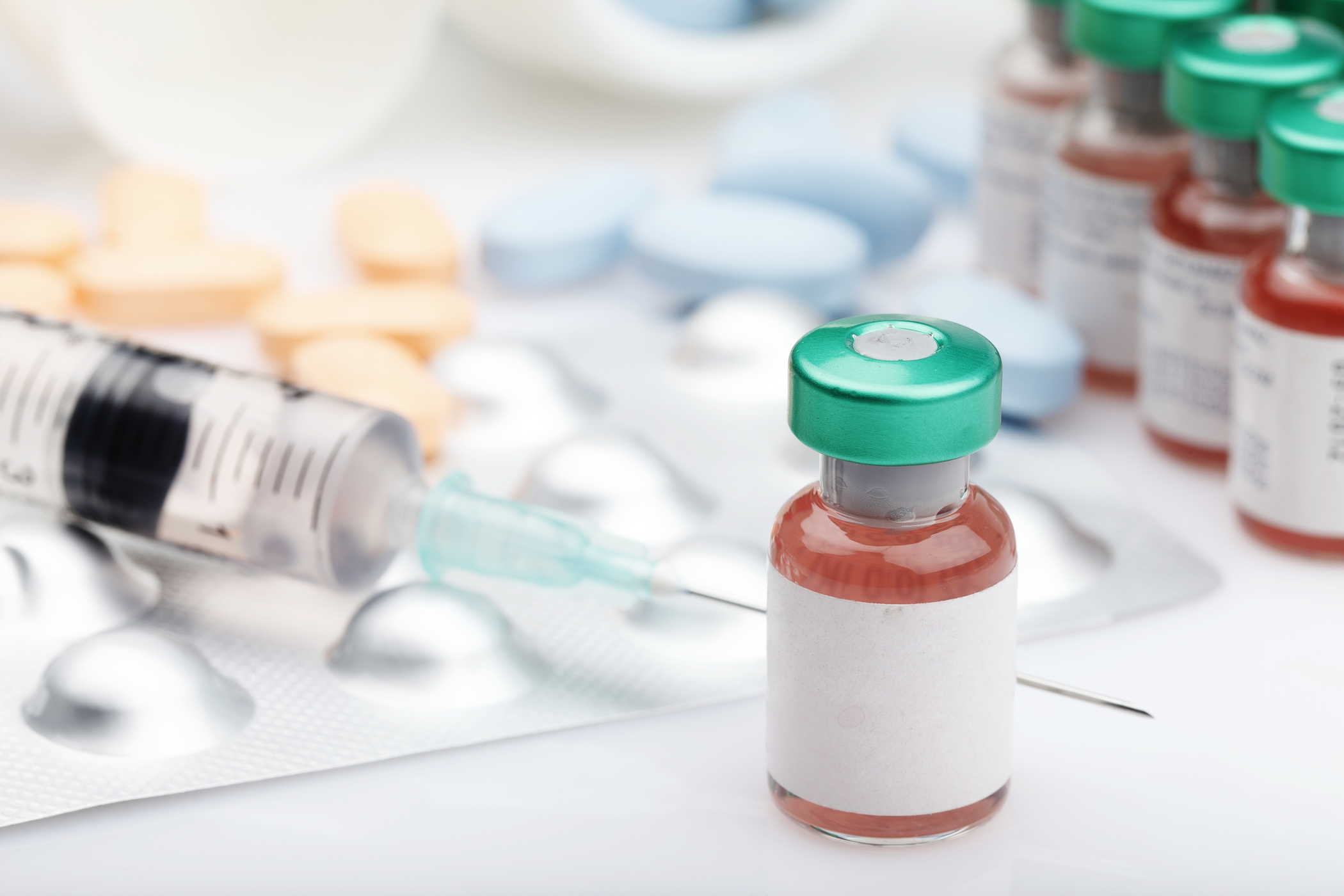Contents:
Medical Video: Heart Attacks Have Beginnings
Heparin is used in the treatment and prevention of blood clots, preventing blood clots during dialysis, and preventing complications after a heart attack.
There are 2 types of heparin: high molecular weight heparin and low molecular weight heparin.
High molecular weight heparin need blood monitoring every day. Low molecular weight heparin provide a better anticoagulant response and do not require daily blood monitoring.
Heparin is used to treat or prevent blood clots where there is a high risk of clotting and thromboembolism, such as atrial fibrillation, myocardial infarction, deep vein thrombosis, knee and thigh surgery, and others.
The role of heparin in the treatment of heart disease
Heparin prevents the formation and development of blood clots by preventing clotting factors that cement platelets together.
Heparin is an anticoagulant that is injected and activates antithrombin III, which blocks thrombin and factor Xa, a factor needed in the final stages of blood clotting. Blood clots in the arteries leading to the heart can cause acute coronary syndromes: unstable angina (feeling of tightness in the chest) or heart attack (non-ST segment myocardial infarction - NSTEMI). Medications that prevent the formation of clots (aspirin) or thin the blood (heparin) can alleviate the problem.
Unfractionated Heparin (UFH) and Low Molecular Weight Heparin (LMWH) are 2 types of heparin. Experiments proving UFH and LMWH in addition to aspirin therapy in patients with unstable angina or NSTEMI in the acute phase of treatment, can prevent heart attacks more than placebo, but do not reduce mortality, the need for revascularization procedures, or relapse of angina. Although information about side effects is limited, heparin can cause minor bleeding.
So far there is no recent research. Currently 8 studies, including on review this. There was no evidence of differences in mortality between groups given heparin and placebo (RR = 0.84, 95% CI 0.36 to 1.98). Compared with placebo, heparin reduced the occurrence of myocardial infarction in patients with unstable angina and NSTEMI (RR = 0.40, 95% CI 0.25 to 0.63, NNTB = 33). There was a major bleeding trend in the heparin study compared with the control study (RR = 2.05, 95% CI 0.01 to 4.24). The risk assessment bias in this study is limited, because general research does not provide sufficient detail to assess the potential risk of bias.
Compared with placebo, patients who were given heparin had the same risk of mortality, revascularization, recurrence of angina, and thrombocytopenia. However, patients treated with heparin have a reduced risk of myocardial infarction and a higher incidence of minor bleeding. Overall, the evidence is assessed on review this is classified as low quality according to the GRADE approach. Results review this must be interpreted with caution.
Heparin decreases the number of heart attacks, but causes minor bleeding after non-ST acute coronary syndrome elevation compared to placebo.
Hello Health Group does not provide medical advice, diagnosis or treatment.












